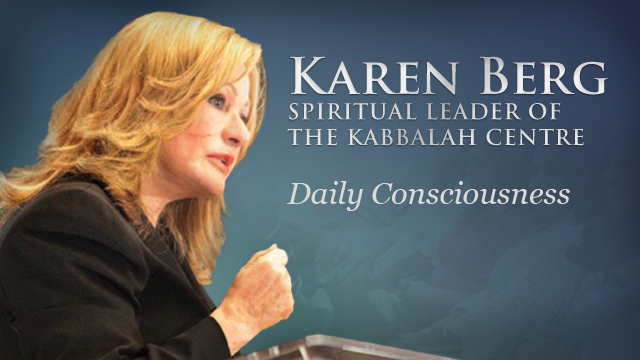
The kabbalists tell us that there is a deeper reason and meaning behind everything that we read in the Bible. For example, the first of the Ten Commandments given to Moses on Mount Sinai opens with “I am the Lord your God who brought you out of the house of bondage, out of the land of Egypt.”
According to the kabbalists, there are many secrets that emerge from this single statement. We learn, for example, that each of us is a slave to something and that real freedom is available to us only through the Light of the Creator.
How, though, are we slaves? Some of us are slaves to business. Some of us are slaves to power. Some of us are slaves to constant thoughts of: “Where am I going to be? How am I going to be remembered? How am I going to establish myself in this world?”
“Out of the house of bondage” means several things. First, it means that with spiritual tools and the appropriate consciousness, we can learn to free ourselves from the bondage of our own reactive nature.
For example, suppose the bank decides to foreclose on our house. Being free means that we say to ourselves, “You know what? For me at this moment, this is what I need to have happen to me.” Or, suppose a friend tells us that she doesn’t want to be close to us anymore. Being free means that we stop and ask ourselves what it is within ourselves that we need to change, rather than immediately jumping into our usual reaction pattern of blame, anger, sadness or whatever it is.
“Out of the house of bondage” has another meaning: that nothing and no one outside of us can keep us enslaved. Whether we are in prison, in bed with an illness, or surrounded by whatever darkness that may hover around us, we know that the darkness can never overwhelm our soul.
If we can bring ourselves into this headspace, then we can be totally free.

